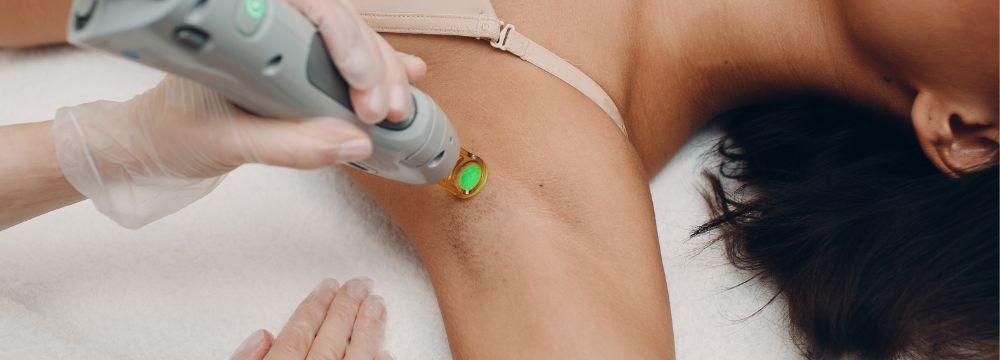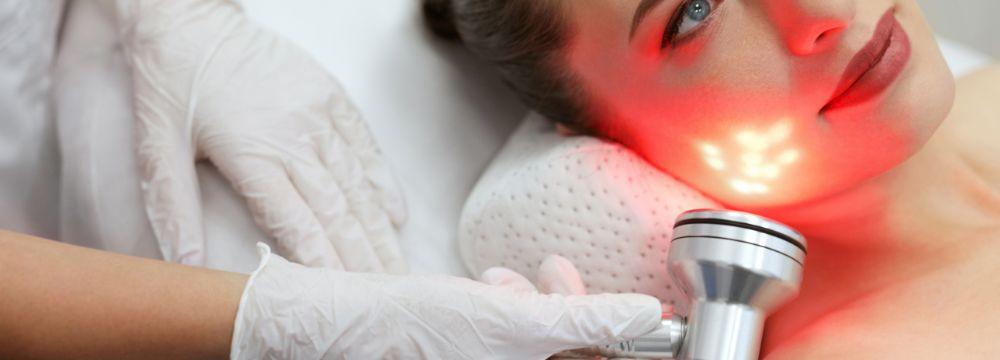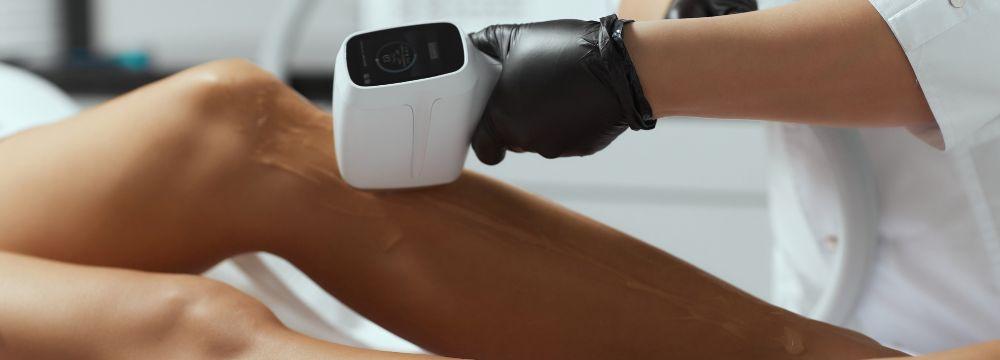Is IPL Worth It?
Better-looking skin in just a few hours? It sounds almost too good to be true. Yet that’s what intense pulsed light therapy, or IPL, treatments claim to do. Also known as a photo facial, this outpatient procedure improves the look and feel of skin in just a few office visits. But is IPL worth the time and expense required? The answer depends on your individual goals and health situation. Check out our complete guide on IPL facials.
What Is IPL Used For?
IPL is used for a variety of skin conditions. Treatments can improve freckles, birthmarks, uneven skin tone, broken blood vessels, and fine wrinkles. They can also remove unwanted hair on the face, neck, chest, or other body areas. If you have a condition that causes flushing, like rosacea, IPL treatments could help remove some redness from your skin.
How Does IPL Work?
True to the name, IPL treatments use small, intense beams of light on a targeted area of your skin. During an IPL treatment, the skin is exposed to scattered wavelengths of light. This is different from laser resurfacing, which uses a single, intense wavelength of light to tighten skin. The skin heats up when exposed to these scattered light wavelengths, breaking down damaged skin cells, which are then absorbed by the body. IPL treatments also stimulate the body’s production of collagen, a protein that helps keep skin more elastic and youthful-looking.
IPL is considered less intense than laser treatments because it heats only the underlying layer of skin (the dermis), leaving the outer layer (the epidermis) intact. This makes it more comfortable and reduces the risk of side effects.
Who Should Not Get IPL?
IPL is a relatively gentle procedure that is well-tolerated by most people. However, you may not be a candidate for an IPL treatment if:
- You have recently had a sunburn on the area to be treated
- You are pregnant or breastfeeding
- You use or have recently used isotretinoin (Accutane) for acne
- You have darker skin
- You have a history of epilepsy (the light pulses can trigger seizures in some people)
- You take other drugs that increase your skin’s sensitivity to light, like blood-pressure medications or antidepressants.
Is IPL Worth It?
The dermatologist or technician performing your IPL procedure will give you specific directions to follow in the days and weeks before the treatment. But in general, you should:
- Avoid tanning beds and prolonged outdoor sun exposure
- Discontinue medications that make you more sun-sensitive, like certain antibiotics, or blood-thinning medications, like aspirin (with your doctor’s oversight and approval).
- Avoid waxing, chemical peels, microdermabrasion, or other treatments that can irritate the skin.
If you have a history of the herpes simplex virus, which causes cold sores, your doctor may prescribe some antiviral medications to take before the procedure, as IPL can trigger a reactivation of the virus in your body.
Immediately before the procedure, you may also be asked not to wear any creams, lotions, or deodorants on the area that is to be treated.
What Happens During an IPL Treatment?
When you go in for your IPL procedure, the professional performing your treatment will clean the targeted skin and apply the gel. You’ll also wear dark glasses to protect your eyes from the light pulses. Then, the provider will use a handheld device to apply light to your skin. Most people can handle it with little discomfort, but it might feel like a rubber band is being snapped on your skin. The length of the procedure varies depending on which areas you’re having treated. Small facial areas may take half an hour, while more significant areas could take an hour or more.
When your IPL procedure is complete, the treated area might look red or bruised. You may also feel a sensation like a sunburn. You can apply cool washcloths to relieve some of this discomfort.
You’ll probably be asked to moisturize the skin several times daily for a few months to combat dryness and peeling. Most people have several IPL sessions two to four weeks apart to achieve the desired effect.
Does IPL Work?
As noted above, you will likely need several IPL treatments for the best results. Some scientific studies have shown that IPL can effectively reduce redness associated with rosacea. Other studies have confirmed that IPL can significantly improve facial skin with fine wrinkles, uneven texture, and dark spots.
The Bottom Line
When considering treatments for wrinkles, fine lines, and other skin imperfections, it’s always best to discuss your options with your dermatologist and be honest about the results you’re looking for. You may find that IPL is just right for you or that your concern can be more effectively addressed with another type of treatment, such as Botox, filler, or laser treatments, but you won’t know if you don’t ask!




